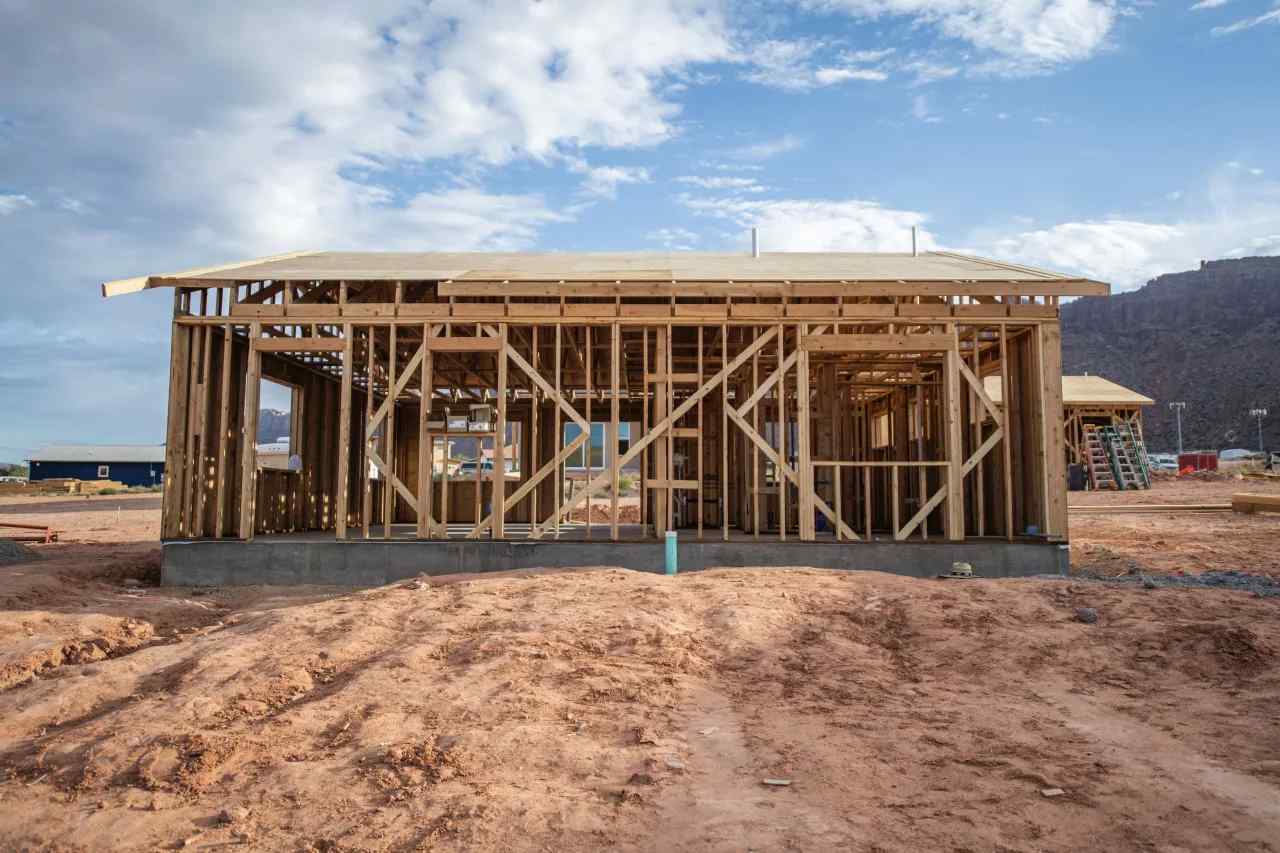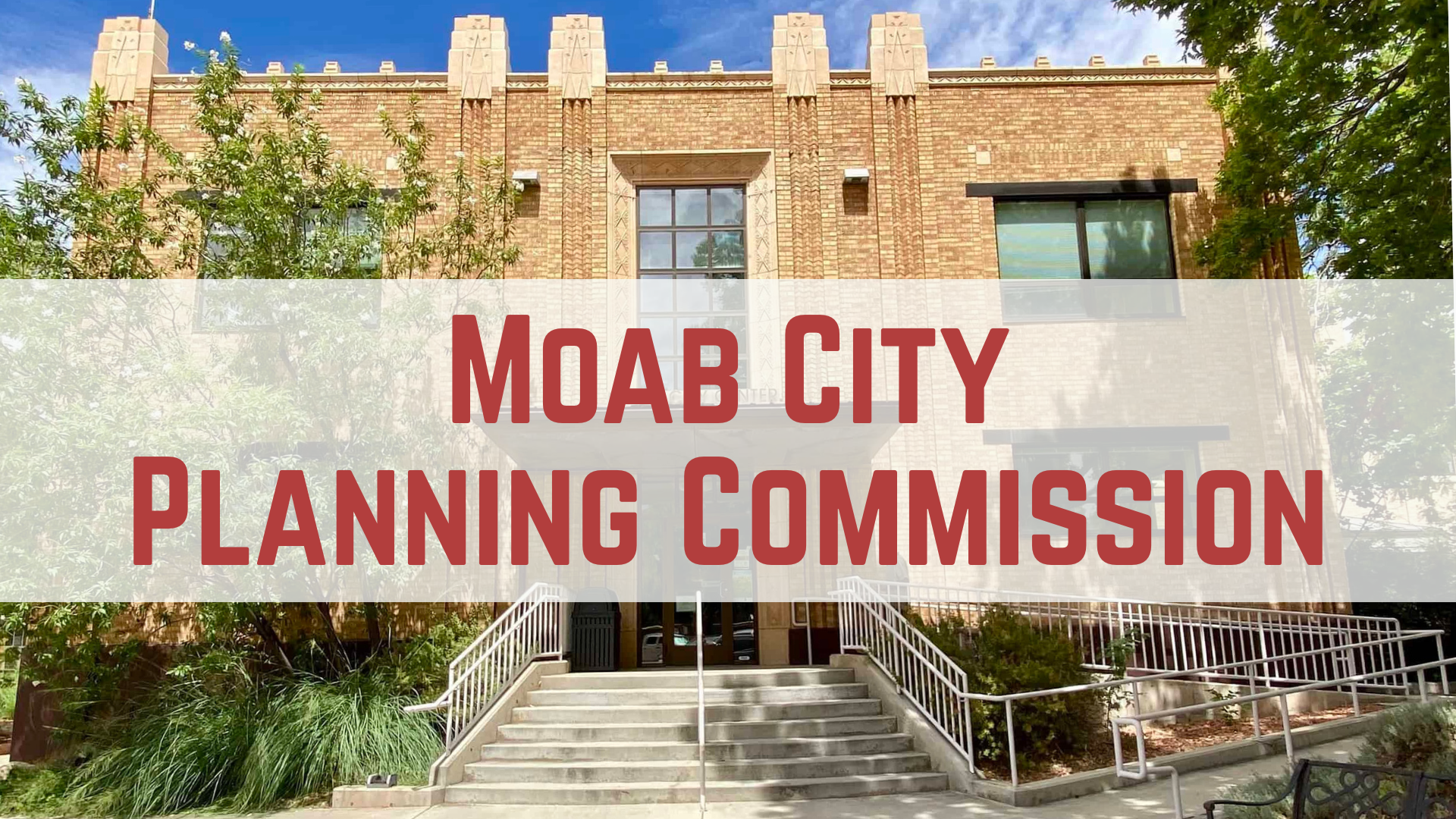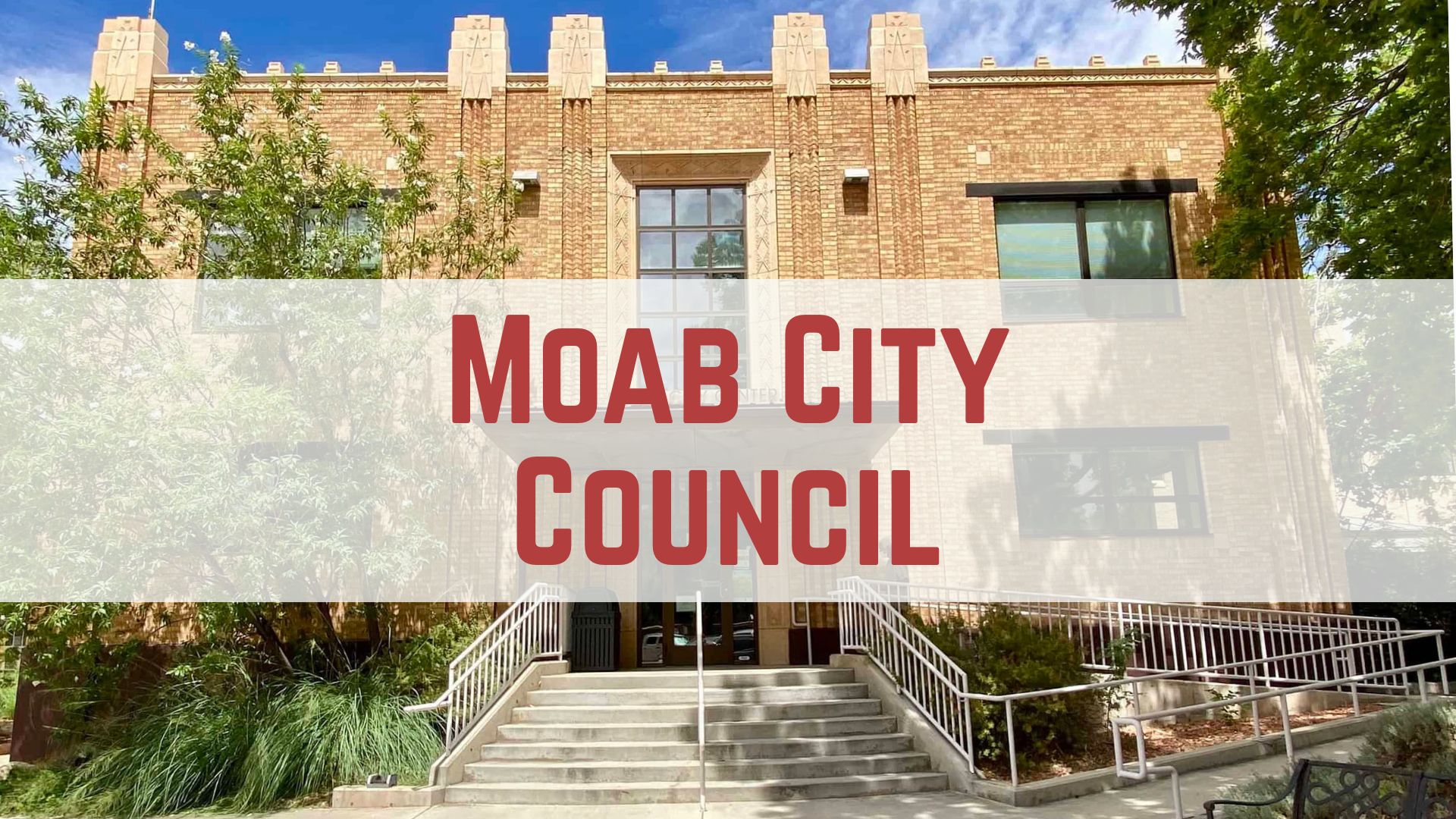Some information may be outdated.
Cuts to a federal funding program have put some Moab affordable housing organizations in a perilous situation, waiting for news that they can proceed with construction on homes for local families.
A funding bill for 2025 passed the Senate Appropriations Committee on July 11. Within the gargantuan bill is one significant funding issue that directly impacts Moab: a pool of funds for rural housing programs administered by the USDA.
Local affordable housing builders Community Rebuilds and the Housing Authority of Southeastern Utah depend on a specific loan to fund their Self-Help programs, which support local residents in building a home with a USDA home ownership loan referred to as a 502.
“Families get the 502 loans, which is the loan that pays for the construction of their house that they build with us,” said Ben Riley, Housing Authority of Southeastern Utah executive director, “and [this bill] cuts the funding for those 502s quite dramatically.”
“It creates a lot of uncertainty,” he said.
Funding allocated to both the loan program and technical assistance for the self-help program fell well below the requested amount for 2025, according to the Housing Assistance Council, leaving local organizations with their budgeting processes on hold.
“The lack of 502 loan funds for our Self-Help Program Participants to build homes with Community Rebuilds is terrifying,” said Rikki Epperson, Community Rebuilds executive director. “There is no other loan product that exists that would support those households we serve: the low- and very low-income brackets.”
Funding for HASU’s current work on eight single-family homes at the Moab Area Community Land Trust’s Arroyo Crossing development is secured and the program operates other programs using different funds, Riley said, but the lack of clarity on future funding for the self-help program is making it hard to budget and get future projects planned and approved.


“Self-help construction, and just development in general, has very complicated schedules, especially when you’re developing a subdivision and putting in infrastructure,” Riley said.
“Just think of trying to schedule land improvements, getting families lined up and qualified, and then getting them through MACLT’s process, going over the plans with them, and then ordering appraisals and all the reports that USDA needs,” he said. “It is quite complicated.”
Epperson agrees, calling the loan fund the “affordable housing program’s lifeblood.”
“We hope our representatives realize how important it is in stabilizing housing, the workforce, and how it ultimately turns tax-consumers into tax-payers,” she commented, urging residents to reach out to U.S. elected officials to advocate for the funding.
“The plan is now to wait for the USDA national office to figure out how they’re going to pool those 502 loans and distribute them back to the state so we know how much money we can plan for,” Riley said. “When you work with these federally funded programs, you’re just at the whim of Congress.”
The Senate bill will move forward to be placed on the legislative calendar for a vote.
Appreciate the coverage? Help keep local news alive.
Chip in to support the Moab Sun News.





